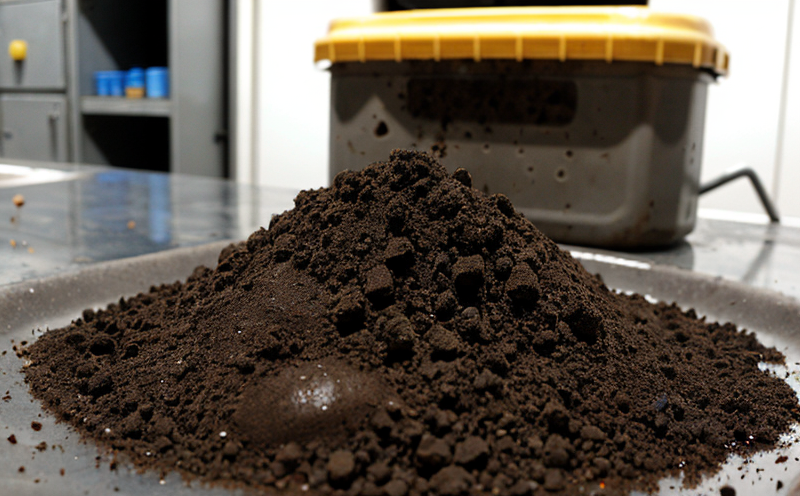JIS K0125 Pesticide Residues in Agricultural Products Testing
The JIS K0125 standard is a crucial guideline for ensuring that agricultural products are free from harmful pesticide residues. This Japanese Industrial Standard sets stringent limits and methods to measure the levels of pesticides in various crops, fruits, vegetables, and other foodstuffs derived from agriculture. Compliance with this standard is essential for maintaining public health and safety as well as meeting international trade requirements.
The testing process involves several critical steps that ensure accurate results and reliable outcomes. Specimens are first prepared carefully to ensure they represent the true state of the product being tested. This can include washing, slicing, or grinding, depending on the type of agricultural product. Once prepared, the samples undergo extraction processes using solvents like methanol or acetone before analysis.
The analytical techniques used for residue determination typically involve gas chromatography (GC) coupled with mass spectrometry (MS). These advanced technologies allow for precise identification and quantification of even trace amounts of pesticides present in the samples. The method described in JIS K0125 specifies exact concentrations that should not be exceeded according to national regulations.
Accurate interpretation of these results is vital because exceeding allowed limits could lead to health risks when consuming contaminated produce. Therefore, laboratories specializing in this area must adhere strictly to protocols outlined by the standard. By doing so, they provide assurance that only safe and wholesome agricultural products reach consumers worldwide. This not only protects individual wellbeing but also enhances consumer confidence in domestically produced goods.
The importance of adhering to standards like JIS K0125 cannot be overstated; it ensures food safety across borders while promoting sustainable farming practices. For instance, farmers can use this information to adjust their pesticide application methods if necessary, thereby reducing potential environmental impacts associated with overuse or misuse.
Moreover, compliance helps establish trust between producers and importers/exporters involved in international trade agreements where stringent quality controls are required. It also plays a key role in preventing recalls due to non-compliant products entering the market unintentionally.
Why It Matters
Pesticide residues pose significant health risks if not properly managed during agricultural production and post-harvest handling processes. Exposure to high levels of certain pesticides can lead to acute poisoning symptoms such as dizziness, nausea, vomiting, and respiratory distress. Prolonged exposure may result in chronic illnesses like cancer or neurological disorders.
- Health Risks: Even low-level exposures over extended periods have been linked with adverse effects on human health.
- Environmental Impact: Excessive use of pesticides can harm soil microorganisms and beneficial insects, disrupting natural ecosystems.
To mitigate these risks effectively, rigorous testing procedures such as those specified in JIS K0125 are necessary. These tests help identify any illegal or excessive pesticide applications early on so corrective actions can be taken promptly.
Furthermore, ensuring compliance with international standards like JIS K0125 fosters confidence among consumers about the safety of agricultural products they consume daily. This builds trust not only within domestic markets but also strengthens relationships between countries engaged in mutual trade agreements.
Eurolab Advantages
At Eurolab, we pride ourselves on offering comprehensive and reliable JIS K0125 pesticide residue testing services tailored specifically for agricultural products. Our state-of-the-art facilities equipped with cutting-edge analytical instruments ensure accurate results every time.
- Precision Instruments: Utilizing advanced gas chromatography-mass spectrometry (GC-MS), our laboratory guarantees precise measurements of pesticide residues down to sub-ppm levels.
- Experienced Staff: Our team comprises highly skilled chemists and toxicologists who possess extensive knowledge in handling complex samples safely and efficiently.
We offer quick turnaround times without compromising accuracy or thoroughness. This allows our clients - whether they are quality managers, compliance officers, R&D engineers, or procurement specialists - to receive timely feedback on their products' status regarding pesticide residue levels.
Our commitment extends beyond just performing tests; we also provide detailed reports outlining the findings along with recommendations for improvement if required. This proactive approach ensures continuous enhancement of product safety standards.





